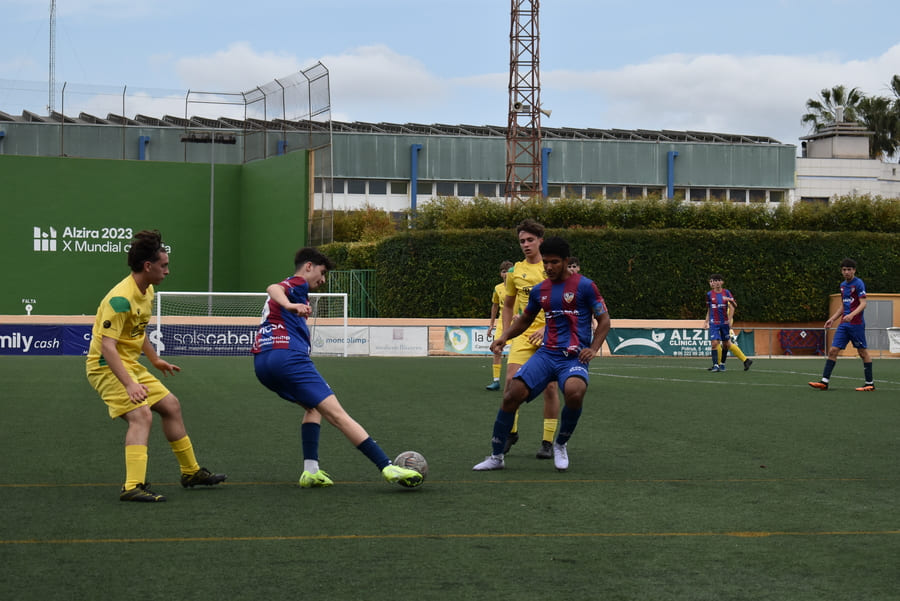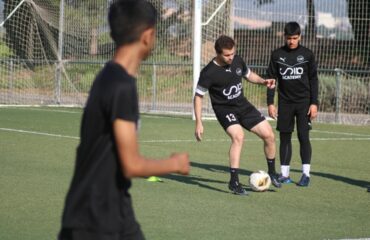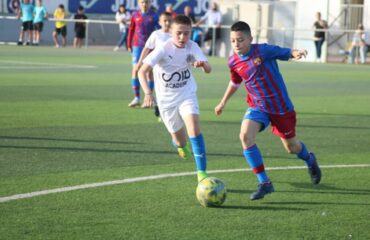Effective communication isn’t just about talking—it’s about delivering a message clearly, intentionally, and at the right moment, so the other person understands it exactly as you meant it. In football, where decisions are made in seconds, this skill becomes just as important as passing, tactics, or physical fitness.
Communication on the field is not optional. It’s a tactical tool that allows players to coordinate movements, anticipate situations, correct mistakes, and reinforce team confidence. When players understand each other—whether through words, gestures, or even a quick look—the game becomes more fluid, smarter, and more effective.
Good communication means knowing what to say, when to say it, how to say it… and also when to stay silent and just listen. It involves not only the content of the message but also its delivery, tone, and timing. In a team, poor communication can lead to miscoordination, frustration, or even personal conflicts. On the other hand, clear and empathetic communication raises the group’s overall performance.
Table of contents
Why is good communication so important in football?
Because football is a team sport. No player, no matter how talented, can win a match alone. The key is coordination, and coordination begins with communication. Being able to guide a teammate, alert them to a run, remind them of their coverage, or even encourage them in a tough moment has a real impact on the game.
“The difference between a good team and a champion team often lies in how its players talk to each other. A simple ‘go’, ‘right side’, or ‘I’ve got him’ comes at just the right time when there’s real connection,” explains Rafa, sporting director at SIA Academy.
In youth football especially, communication also teaches values. Listening to teammates, respecting turns, accepting corrections, and expressing ideas without fear of criticism are all aspects that improve athletic performance and personal development.
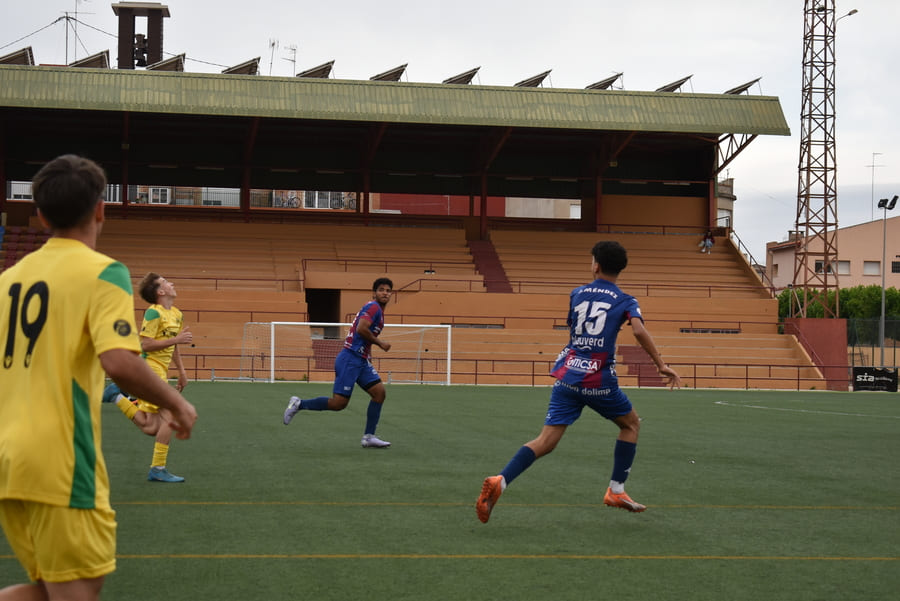
The five keys to communicating well on the pitch
Here are the five fundamental keys we focus on at SIA Academy to achieve effective communication on the pitch:
1. Use short, clear, and specific words
In football, timing is everything. There’s no space for long speeches or confusing instructions. Ideal phrases are brief, direct, and functional: “I got it,” “mark 7,” “free left.” These should be practiced during training until they become part of the team’s natural language. Avoid shouting generic things like “come on!” or “go!”, which don’t add tactical value when overused.
2. Train non-verbal communication
The body speaks too. In the middle of stadium noise or match pressure, a look, a gesture, or a stance can say more than a full sentence. Raised arms, pointing fingers, eye contact before a pass—these are worked on at SIA Academy with specific reaction and coordination drills.
3. Learn to listen (it’s part of communication too)
Talking isn’t everything. Active, attentive listening is essential for understanding what teammates are seeing or feeling. A player who listens well is more receptive to tactical instructions, more adaptable during matches, and more trusted by teammates. It also fosters a respectful atmosphere that strengthens team chemistry.
4. Maintain a positive and constructive tone
Correcting a teammate is part of the game, but how you do it matters. Respect is non-negotiable. A poorly worded critique can discourage a player or spark unnecessary tension. On the other hand, a calm and constructive message is more likely to be well received. Saying “next time, stay closer” sounds very different than yelling “what are you doing?” SIA Academy works on this through roleplay and match-simulation exercises.
5. Train communication like a game skill Communication isn’t just for matches. At SIA Academy, it’s built systematically into training: passing drills where players must speak, small-sided games where players must coordinate before progressing, exercises where captains must relay coaches’ instructions. These activities create habits that carry over naturally into competitive matches.
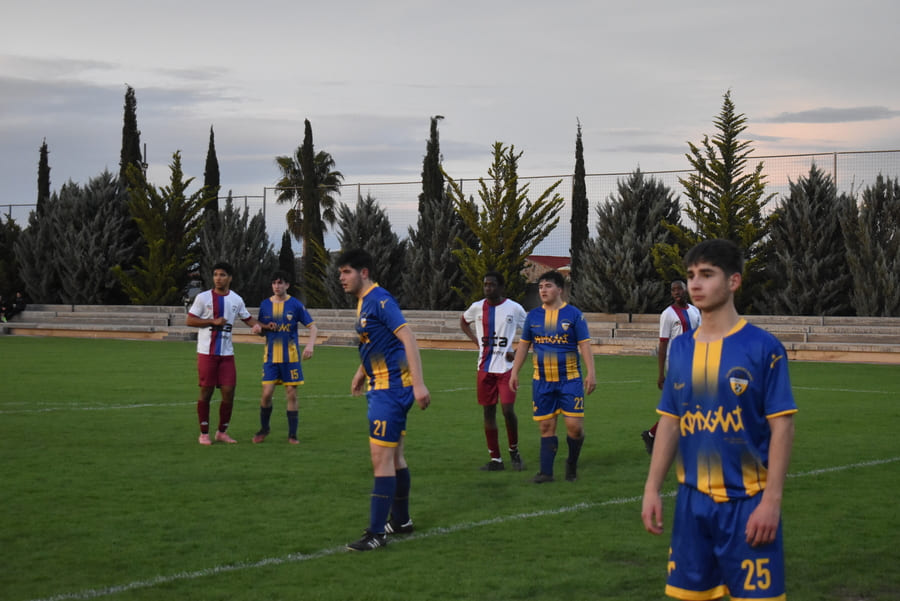
More than words: a tool for growth
Good communication doesn’t just enhance tactics or precision. It also strengthens bonds between players, builds trust, reduces anxiety, and creates a healthier team environment. When players feel heard and know their words matter, they become more engaged in team play.
“When players can understand each other with just a look, not only do they play better—they enjoy football more,” concludes José Luis, the academy’s psychologist.
Additionally, learning to communicate on the pitch prepares players for life off the field. Being able to express yourself, work with others, listen carefully, and adapt to different situations are skills that serve far beyond football.
Ultimately, effective communication is a silent but essential talent. Like everything in football, it must be trained, refined, and used as a collective weapon. At SIA Academy, they understand this well: those who communicate build a team. And those who build a team, compete better.



